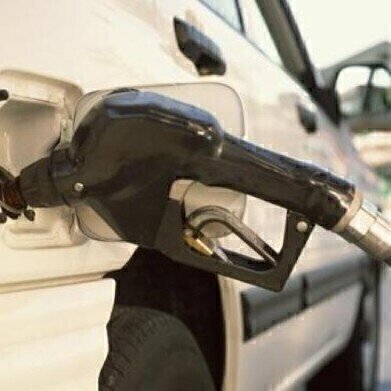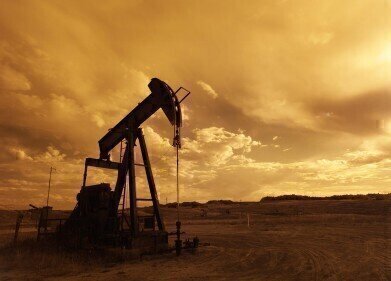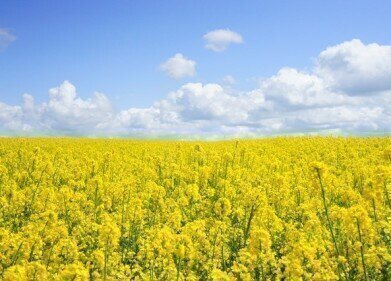-
 The plankton could be used to produce biodiesel
The plankton could be used to produce biodiesel
Biodiesel
Zooplankton Could Help Biodiesel Production
Feb 07 2014
Microbes living within lagoons used for the treatment of wastewater could be a viable feedstock for the manufacture of biodiesels. New research, performed by Stephanie Kring, a Clarkson University doctoral student, has found that zooplankton could serve as a base for biodiesels.
Ms Kring found that aerated wastewater treatment lagoons at Canton, US, contain microbes that can also be found in local lakes and rivers. The planktonic, or free-floating, organisms were found in abundance within the 8.5-acre lagoons, meaning that they could be a good renewable source of food.
"At present, these lagoons are designed solely for wastewater treatment, but if the design could be modified to also serve the purpose of greater biofuel production then we may have found a productive path to satisfying some local needs for useful energy such as biodiesel," said Professor Susan Powers, professor of Sustainable Environmental Systems at Clarkson University and co-investigator on the project.
It was found that the lagoons held a low amount of algae compared to what was expected due to the high levels of nutrients found in the lagoons. The zooplankton were found to be feeding on the algae, resulting in high concentrations of the free-floating organisms.
It was also found that there was a lack of predation within the lagoons, meaning that there were very small amounts of fish present that feed on the zooplankton. This also led to large amounts of the organisms being present in the lagoons.
The zooplankton, according to Ms Kring, could help to extract more of the algae's oil in order to use it in the production of biodiesel. This is because the plankton break the algae apart within their digestive tracts, leading to an accumulation of the algae's oil within their eggs and structures.
It is easy to collect the zooplankton from the water, compared to extracting microscopic algae, as they are much bigger. This means that it will be a cheaper and easier extraction process and will result in a greater amount of oil being made available for the biodiesel.
Digital Edition
PIN 25.5 Oct/Nov 2024
November 2024
Analytical Instrumentation - Picturing Viscosity – How Can a Viscometer or a Rheometer Benefit You? - Sustainable Grease Formulations: Evaluating Key Performance Parameters and Testing Method...
View all digital editions
Events
Jan 20 2025 San Diego, CA, USA
Jan 22 2025 Tokyo, Japan
Jan 25 2025 San Diego, CA, USA
SPE Hydraulic Fracturing Technology Conference and Exhibition
Feb 04 2025 The Woodlands, TX, USA
Feb 05 2025 Guangzhou, China


















